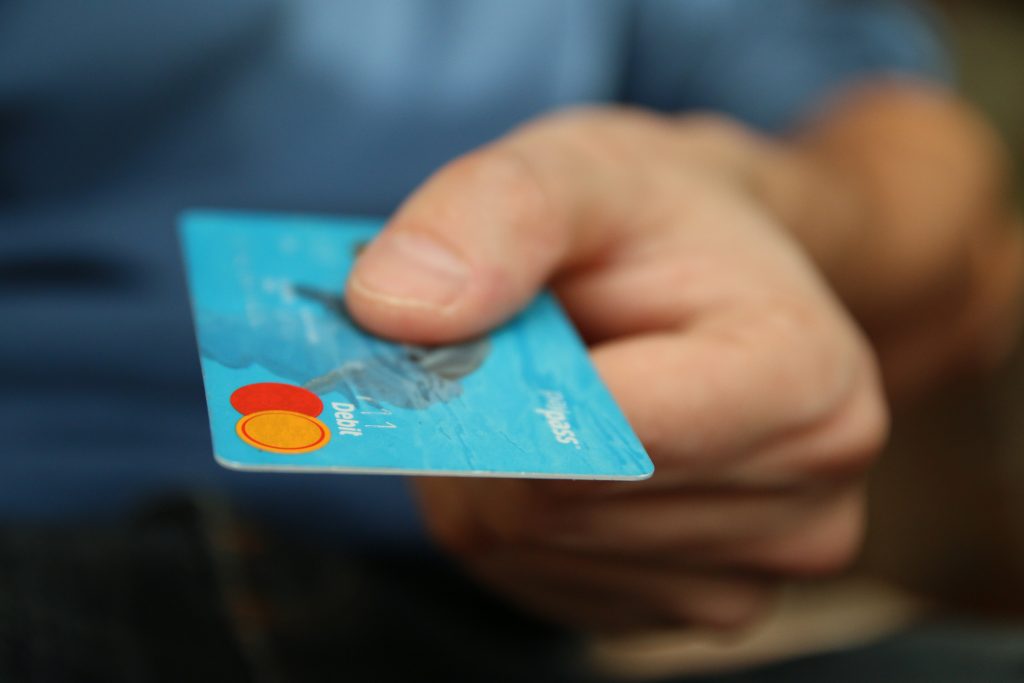Should I Take the Field Sobriety Test?
DUIs are treated very seriously in Maryland and making sure you get the best outcome for your case starts with what you do right when you’re first stopped by an officer. In order to prove a DUI, the state has to prove that you were in fact under the influence of alcohol at the time you were driving. Some of this evidence is the officer’s observations when he first stops you.
Some of the things an officer is looking for is your pattern of driving. If you were you swerving, speeding, or otherwise driving erratically, whether your eyes are bloodshot or glassy, whether your speech is slurred, whether the officer can smell alcohol, either on your person or in your vehicle, whether you’re coordinated or not.
And sometimes even the physical presence of alcohol inside the vehicle, the officer is actively looking for all of these things. So do your best to keep any interaction with the officer short. Once the officer believes that he has seen enough indications that you’ve been drinking, he will probably ask you to take some roadside tests. These are the standardized field sobriety tests. I don’t want to gloss over that last point though — by the time the officer asks you if you want to take the field sobriety test, he already believes that you’ve been drinking.
The officer may ask you if you want to take some tests to demonstrate that you’re safe to drive, but that’s just his way of trying to get you to agree to take these tests and taking the tests rarely goes well for you.
What are the Field Sobriety Tests?
Now you’re probably asking what exactly are the field sobriety tests. And so I’ll go over them with you right now. The standardized field sobriety tests are tests that are recommended by the national highway traffic safety administration, or NHTSA, as particularly reliable indicators of whether someone is impaired by alcohol.
The first test is the Horizontal Gaze Nystagmus Test. In this test, an officer will hold a pen in front of your face and then move it either side to side or up and down telling you to follow the pen with your eyes only, not your whole head, while you’re doing this. The officer is checking your eyes for signs and nystagmus, which is when your eyes involuntarily jerk side to side.
The next test is the Nine Step Walk and Turn Test. As the name implies this test involves you taking nine steps in one direction on a straight line – whether that line is real or imaginary, turning around in a specific way, and then taking nine steps back on that same line. In this test, the officer is testing your ability both to follow instructions as well as your abilities to stand in and walk a straight line and keep your balance.
The final test is the One Leg Stand Test. Again, this test is what it sounds like – you stand on one leg for count of 30 seconds. Again, this test is testing two things, both your ability to follow instructions and your ability to keep your balance.
These tests may sound simple, but they’re not always easy. In fact, in many ways they are designed to make you fail. For example, on the nine step walk and turn test and the one leg stand test, the test actually begins before the officer tells you to start. The test begins once the officer tells you to stand in a certain way, which is called the instructional stance.
Should You Take the Field Sobriety Test?
This brings us back to the original question of whether you should take the field sobriety tests. And the reason I went into all that information is because the answer is….it depends. By the time you’re offered the field sobriety tests the officer has already decided that he believes that you’ve been drinking. Not taking the tests will probably annoy the officer. And it very well might get you arrested for a DUI.
Once arrested for a DUI the officer has the right to ask you to take a breathalyzer test. And if you refuse to take that your license will be suspended. However, while that all sounds bad, the odds are that the officer is going to see clues that you have been drinking on the field sobriety test – whether or not you actually have been. And so you will be arrested for the DUI anyway.
So while taking the field sobriety tests might seem like a good way to get you out of a DUI if you haven’t been drinking, it’s often a trap. By taking the test you’re putting yourself in a worse position down the road to be able to actually fight that DUI.
What is important is that you contact a lawyer as soon as you can. A lawyer can help you make the right decisions to help fight your DUI charge here at Paré & Associates, LLC we offer free consultations.





